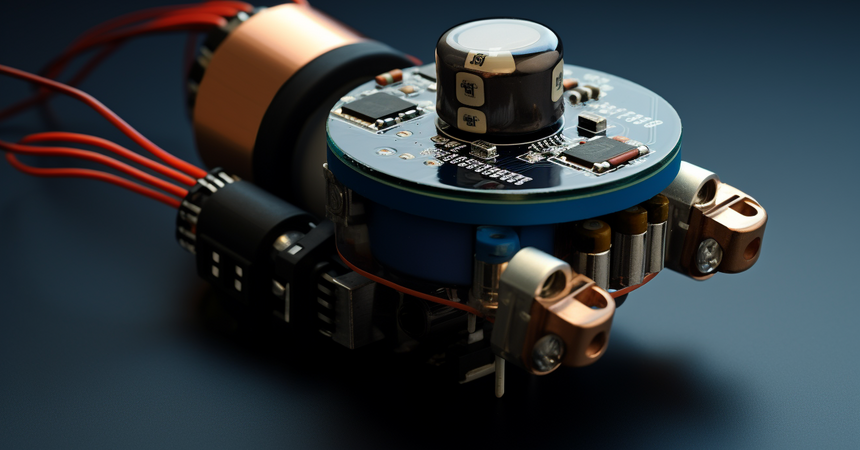Venturing into Brazil with Confidence
Brazil's rigorous standards for technology and safety equipment reflect its commitment to quality and the safety of its residents. For those looking to introduce a wireless pressure sensor into this market, understanding the intricacies of Brazil's certification processes is vital.
The Importance of Certifying Your Wireless Pressure Sensor
Wireless pressure sensors are essential components in numerous industries, from healthcare to the automotive sector. In a world driven by real-time data, ensuring that these sensors function seamlessly and safely is crucial. In Brazil, proper certification not only ensures operational safety but also builds trust with consumers.
Wireless Pressure Sensors and Inmetro
INMETRO has specific guidelines concerning electronic devices, and wireless devices, in particular, need to meet both safety standards and communication regulations. The wireless aspect means that the device must not interfere with other devices and should operate within Brazil's designated frequency bands.
Steps for Certifying a Wireless Pressure Sensor in Brazil:
1. Preliminary Assessment: Understand the specific INMETRO standards that apply to wireless pressure sensors, focusing on both the 'pressure sensing' aspect and the 'wireless' functionalities.
2. Documentation Preparation: Detailed documents must be prepared, including:
• Technical specifications highlighting the wireless frequency range, accuracy of pressure readings, battery specifications, and safety features.
• Details on encryption and security measures, ensuring data privacy.
• User manuals translated into Portuguese, ensuring that end-users understand the correct usage and safety precautions.
3. Device Testing: Your wireless pressure sensor will be subjected to:
• Operational tests to ensure accuracy in pressure readings.
• Wireless communication tests to confirm non-interference and secure data transmission.
• Environmental tests, exposing the device to varying temperatures and humidities typical of Brazil's diverse climate.
4. Certification Review: On successful completion of tests, an evaluation will lead to the granting of the INMETRO certification.
Specific Considerations for Wireless Pressure Sensors:
• Frequency Range: Ensure that your device operates within the wireless frequency bands allocated for such devices in Brazil to avoid communication interference.
• Battery and Power: Given the wireless nature, battery safety and lifespan can be critical. Ensure compliance with standards for battery-operated devices.
• Data Security: With cyber threats ever-present, ensure that your sensor has robust encryption and security measures.
Challenges and How to Address Them:
- Regulatory Changes: The world of wireless communication evolves rapidly, and so do regulations. Regularly review any updates to INMETRO's guidelines.
- Technical Modifications: Depending on testing results, be prepared to make adjustments to your device to meet Brazil's specific requirements.
- Language Barriers: Ensure all documentation, especially safety and user manuals, are translated accurately into Portuguese.
WorldWideBridge: Your Ally in Certification
Navigating the certification maze for specialized devices like wireless pressure sensors requires expertise. WorldWideBridge offers unparalleled guidance, leveraging our deep knowledge of the Brazilian market and its regulatory landscape.
With our help, the certification process becomes more manageable, allowing you to focus on what you do best: innovation and business growth. Reach out to us at [email protected] or +971 52 337 4403, and let's get started.
